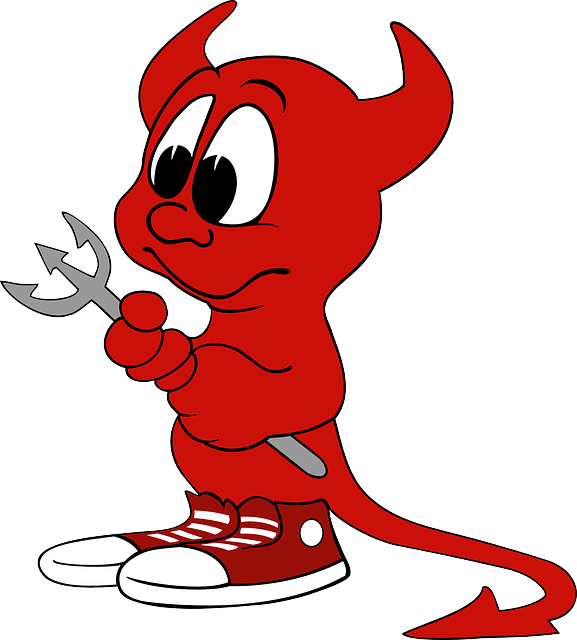Having recently revisited an old favorite, I decided to dive right into a new author and a new series. I first discovered Tima Maria Lacoba on Twitter over the past few months. She is an indie author from the other side of the world and her book, Bloodgifted, is the first in a series about the Dantonville vampires. In Tima's world, vampirism is a curse and the Brethren, as the vampires are known, are working to achieve the conditions to undo the curse and become human once again (well, at least some of the Brethren share this goal). Another interesting aspect of this world is that the central relationship depicts a mutually beneficial exchange wherein the Bloodgifted is destined to feed her guardian vampire and he is obligated to protect her from other Brethren in return (not to mention that her status confers significant anti-aging benefits as well, so that at 50, the main character looks about 25). This takes the trope of vampires feeding off of humans and providing pleasure or other advantages (more robust health and immunity, slowed aging, etc.) one step farther and made me think. Always a dangerous proposition.
I started to think about the centrality of the relationship in Bloodgifted as an example of the phenomenon of symbiosis and its various manifestations: mutualism; commensalism; and parasitism. Nature is a fascinating mother, isn't she? In my other incarnation as a traditional naturopath, I've learned all about the vital role that pre- and pro-biotics play in our digestive system. Kind of weird/gross to think that we have several pounds of bacteria living happily in our guts. And that is just one of many examples that nature provides of independent entities needing each other. I'm more interested in a less literal or scientific definition of this phenomenon, despite how compelling the example of gobie fish and shrimp can be.
When I started thinking about symbiosis, my first thought was of the parasitic variety. I know that in my own life, I've been the unhappy host to a number of parasitic entities, including several of my boyfriends in the past. And I've had to look hard at these experiences and acknowledge the fact that my status has been voluntarily entered into and maintained, sometimes even long after I realized I was being used. This was a sobering and fairly unwelcome thought. It is much more comforting to believe that any instances of playing hostess with the mostess was the result of trickery on the parasite's part, or sweet naïveté on my end. But the truth is much less flattering.
If we are willing participants in a parasitic relationship does that transform the relationship to one of mutualism, where both parties are benefiting, even if the benefits are less than equal? Or perhaps more benignly, could the relationship be characterized as an example of commensalism, wherein only one participant benefits and the other is neither harmed nor helped? When I stayed in abusive or destructive relationships (and this included familial relationships such as those I had with my mother and my brother), I needed to face the reality that I must have been getting something I wanted or needed. Even if that something was the perception of being absolved of responsibility for my life. If I'm the victim of bad actors, then it's not my fault that my life sucks. If my boyfriend treats me poorly, but I hold on in the belief that my love can save him and help him evolve into a caring and generous human who will be so grateful for my loyalty and steadfastness that he will reward me by becoming the best partner ever, then I am a wonderful person whose circumstances, which are not my fault, are less than ideal. Wow. What convoluted thinking.
Of course, there's another mindset at work in situations like this as well: we allow the dysfunction to continue in the misguided belief that we don't deserve any better and a parasitic relationship is better than no relationship at all. There is way too much of that going on as well in the world and I've certainly contributed as much or more than my fair share.
So what to do about all of this depressing contemplation? Let's turn that frown upside down and think about relationships that work, symbiosis that is characterized by mutualism. These relationships exist in nature, too, and certainly in many of our lives. My beloved doggies, for example, live with our family in a wonderful example of mutualism that works. Moreover, I'm lucky enough now that my central relationship with my husband is most definitely mutually beneficial ( I can only speak for myself, of course, but I'm going to go out on a limb and say that he is getting something from the deal as well.) And I've always been blessed with amazing friendships that have withstood the test of time in their mutual benefit.
As I examine every aspect of my life, I can honestly and gratefully say that each of the relationships I have today serves me well and that I'm committed to ensuring that I'm giving back in equal measure. This is true both professionally. and personally. I no longer feel used or abused at work, which has been true in the past and I don't approach any of my social engagements with dread or indifference; if I do, I cancel, because life is just too short.
I spend my time, energy and attention on people, places and activities that benefit me, even as I work to ensure everything I touch is just a little better than when I found it. It is an excellent way to live and to practice authenticity. And I appreciate the reminder from Tima Maria Lacoba, whose book, Bloodgifted, and whose actions on social media, have benefited me greatly. So here's to symbiotic mutualism where everyone’s a winner. Win-win-win.













